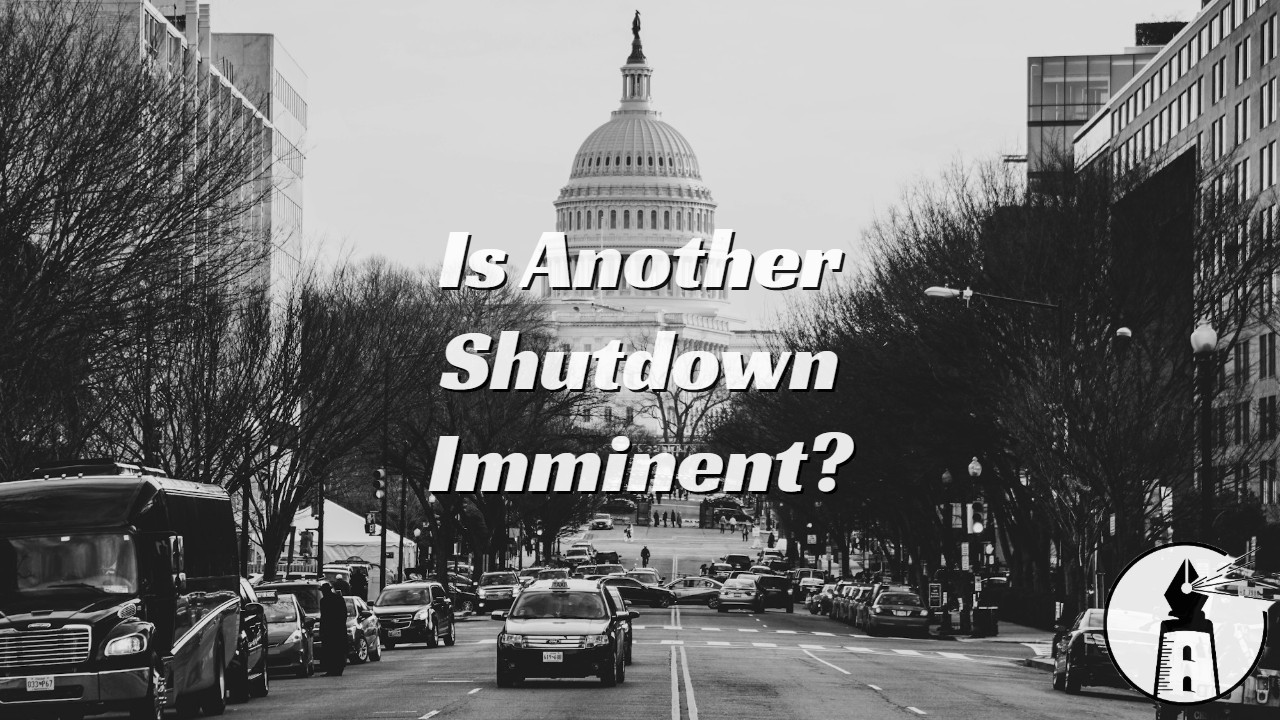As the United States ushers in a new administration, there is a growing sense of déjà vu. A return to an era when wealth and power coalesced in the hands of a select few. The echoes of the Gilded Age, with its robber barons and unchecked industrial empires, reverberate in today’s political and economic landscape. Central to this modern narrative are figures like Elon Musk, Jeff Bezos, and Mark Zuckerberg, whose immense wealth and influence are reshaping the contours of American democracy and the flow of information in unprecedented ways.
In the late 19th and early 20th centuries, figures like Rockefeller, Carnegie, and Vanderbilt dominated industries essential to everyday life. Their reach extended far beyond business, infiltrating politics, culture, and society. Today, Musk, Bezos, and Zuckerberg hold a similarly outsized role, but their dominion lies not in oil, steel, or railroads but in the information economy, an infrastructure just as vital to contemporary life.
Musk, with his vast empire spanning electric vehicles, space exploration, and social media, commands not just economic resources but also cultural and political attention. His ownership of X, formerly Twitter, has turned the platform into a lightning rod for controversy. By reshaping its algorithms and policies, Musk wields the power to influence public discourse, amplify narratives, and obscure dissenting voices. His close alignment with political power further intensifies concerns that the boundaries between governance and private interest are eroding.
Bezos, the architect of Amazon’s global dominance, has also left an indelible mark on media and commerce. Through his ownership of The Washington Post, Bezos sits at the intersection of journalism and corporate interest, a precarious position in an era when trust in the press is fragile. His decision to curtail the paper’s endorsements highlights the influence billionaires can exert over information streams, shaping narratives to suit their interests or avoid conflict with powerful allies. Meanwhile, Amazon’s logistical reach and data-driven dominance give it unparalleled leverage over consumer behavior and economic activity.
Zuckerberg, at the helm of Meta, commands platforms that form the backbone of digital communication for billions of people worldwide. By dismantling fact-checking programs and relaxing policies meant to protect vulnerable groups, Zuckerberg has signaled a shift in priorities, from safeguarding the public interest to appeasing political power bases. The decision to elevate political content while loosening content moderation threatens to flood the digital sphere with unverified, incendiary narratives, undermining democratic discourse.
Together, these figures represent an unprecedented consolidation of power over the flow of information. The platforms they control are not merely businesses but the digital public squares where ideas are exchanged, elections are influenced, and societal norms are shaped. Unlike the robber barons of old, who controlled physical resources, today’s oligarchs control something far more insidious: the infrastructure of knowledge itself.
This concentration of power raises profound questions about accountability and the future of democracy. When information streams are controlled by a few, the potential for manipulation, whether through misinformation, censorship, or the prioritization of profit over public good, becomes a significant threat. The ability to shape narratives, suppress dissent, and direct public opinion grants these individuals a level of influence that transcends their economic wealth, placing them at the helm of societal power structures.
The resurgence of oligarchic tendencies in America is not merely an economic issue but a democratic one. It challenges the foundational ideals of equality, accountability, and transparency. As Musk, Bezos, and Zuckerberg consolidate their grip on the information economy, the nation faces a critical juncture. Will it succumb to a new era of unchecked corporate dominance, or will it confront these power dynamics and reaffirm the principles of a government by and for the people?
The choices made in the coming years will determine whether America continues its drift toward oligarchy or reclaims the democratic ideals that define its promise. The stakes could not be higher, and the clock is ticking.
—By Greg Collier



